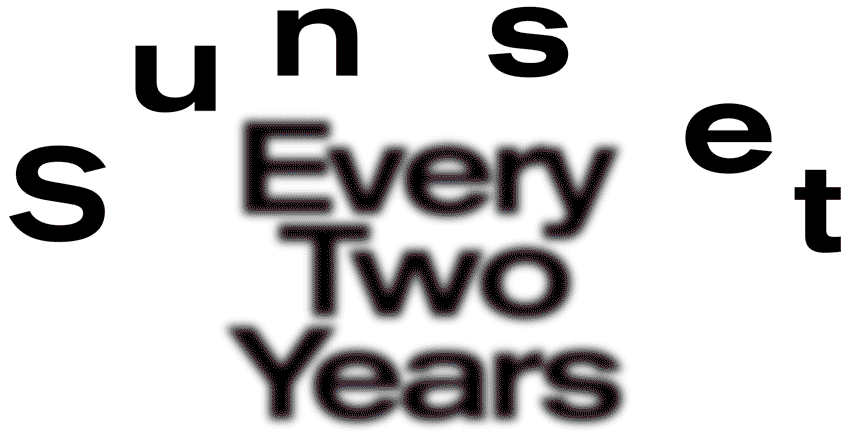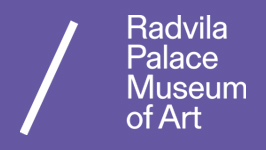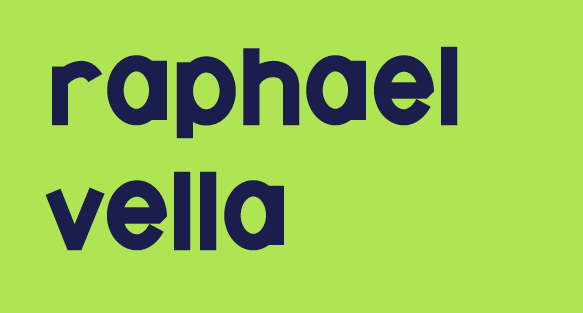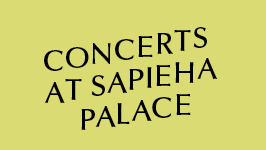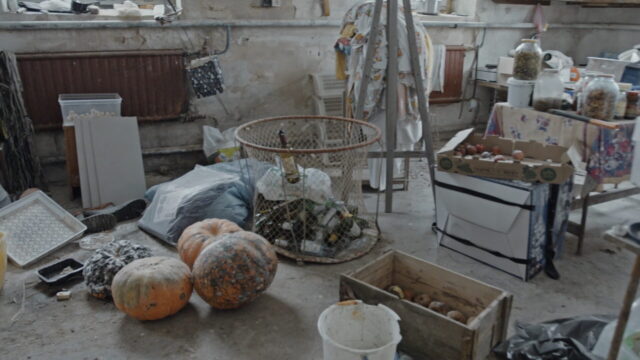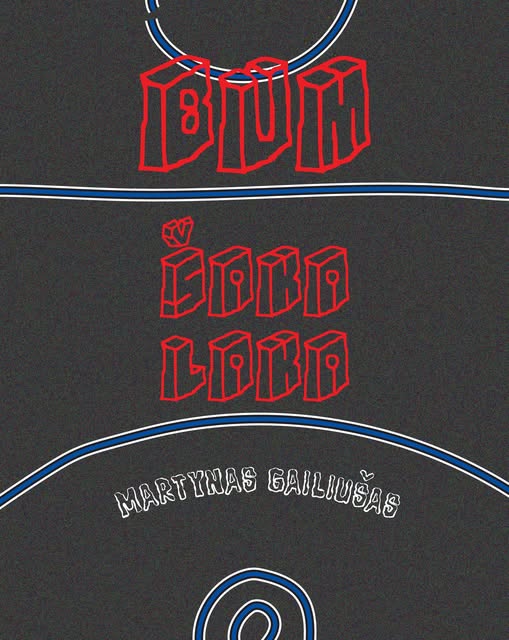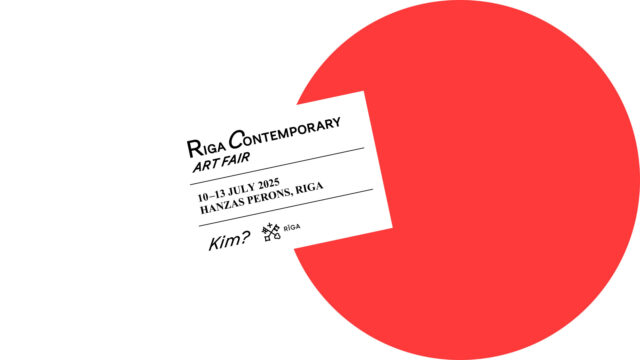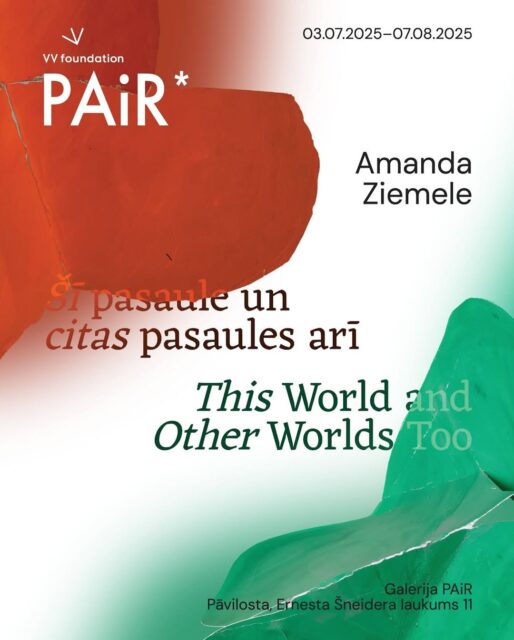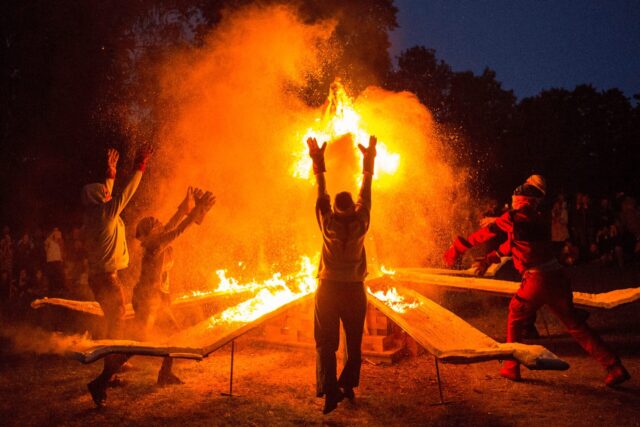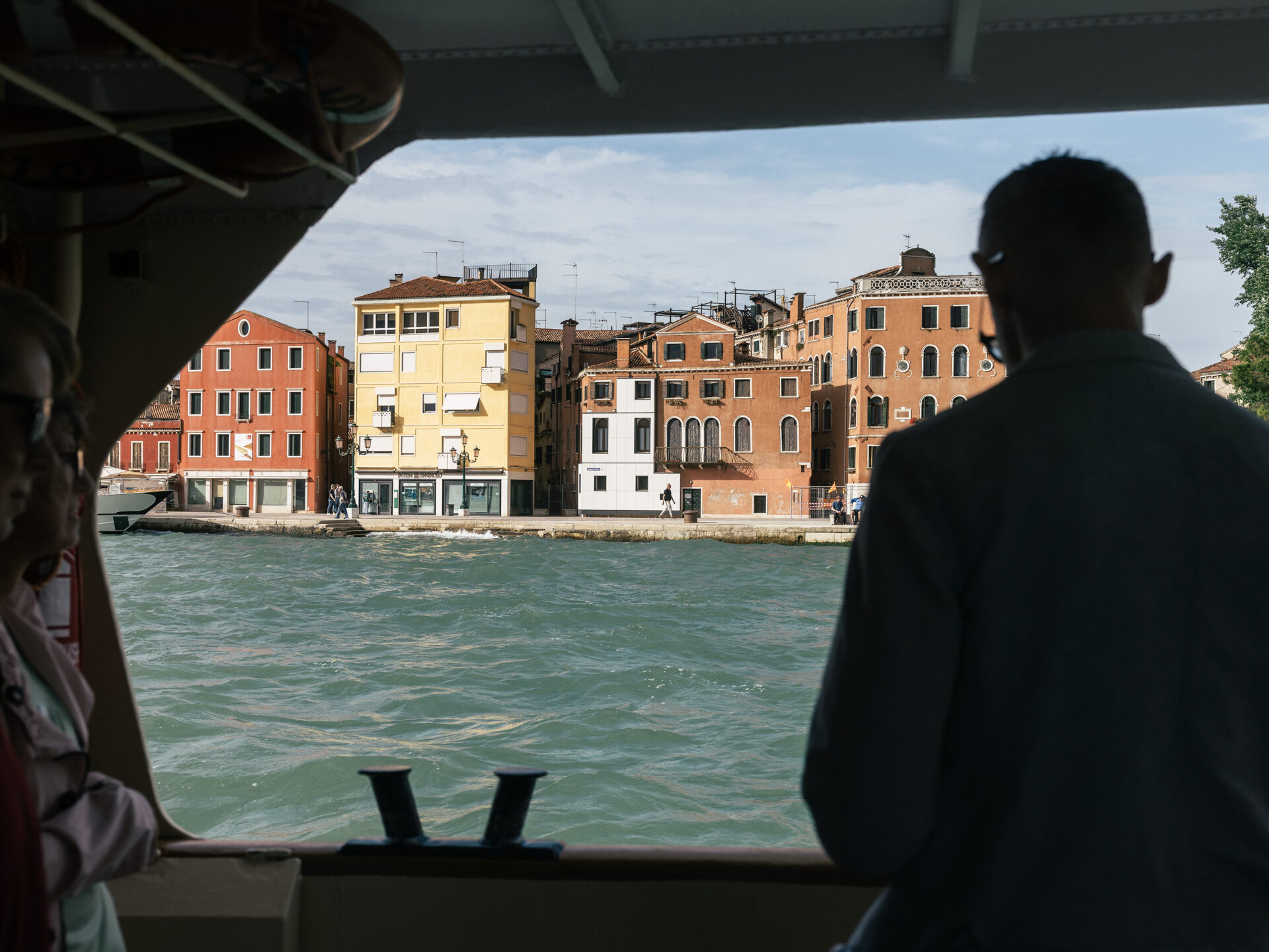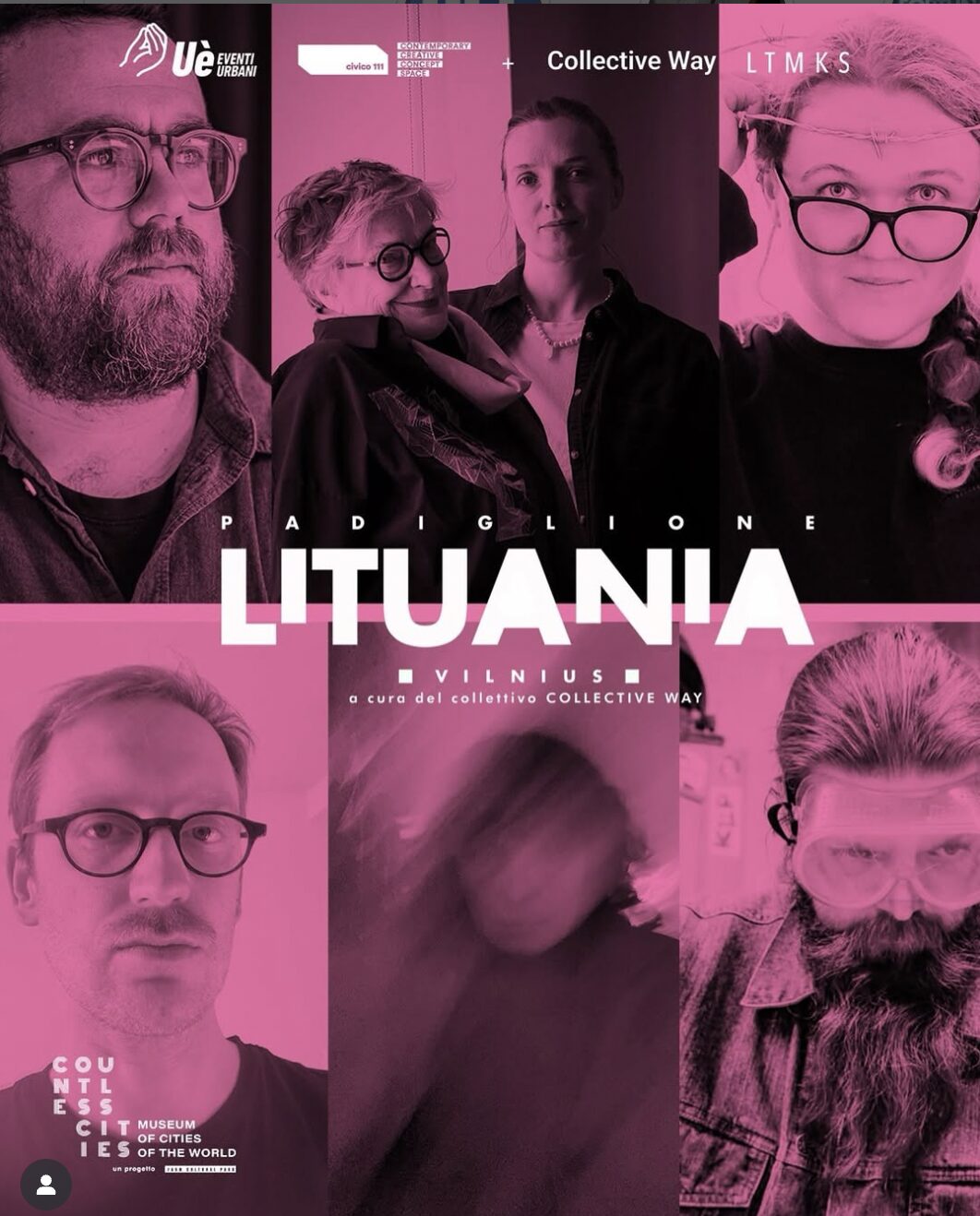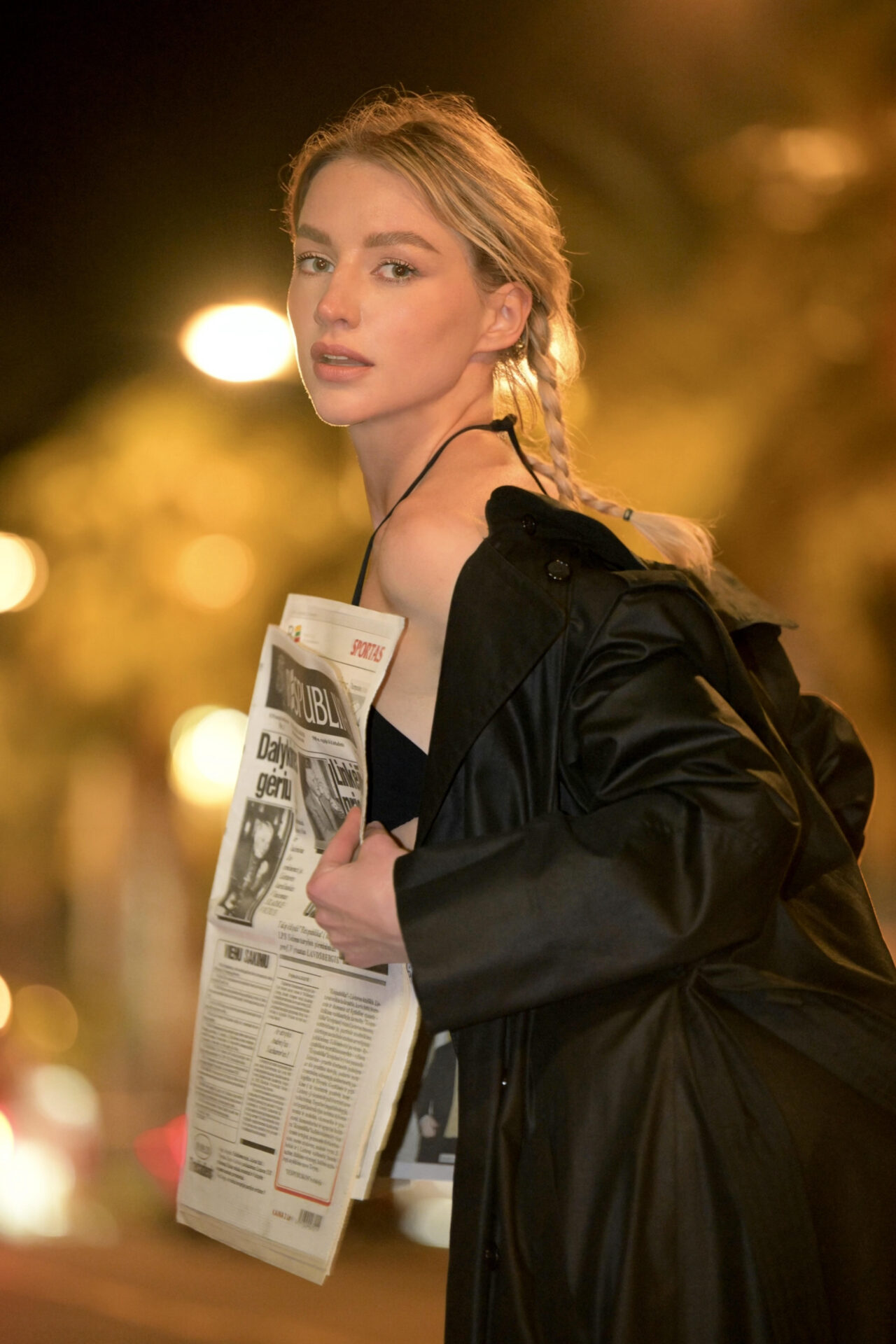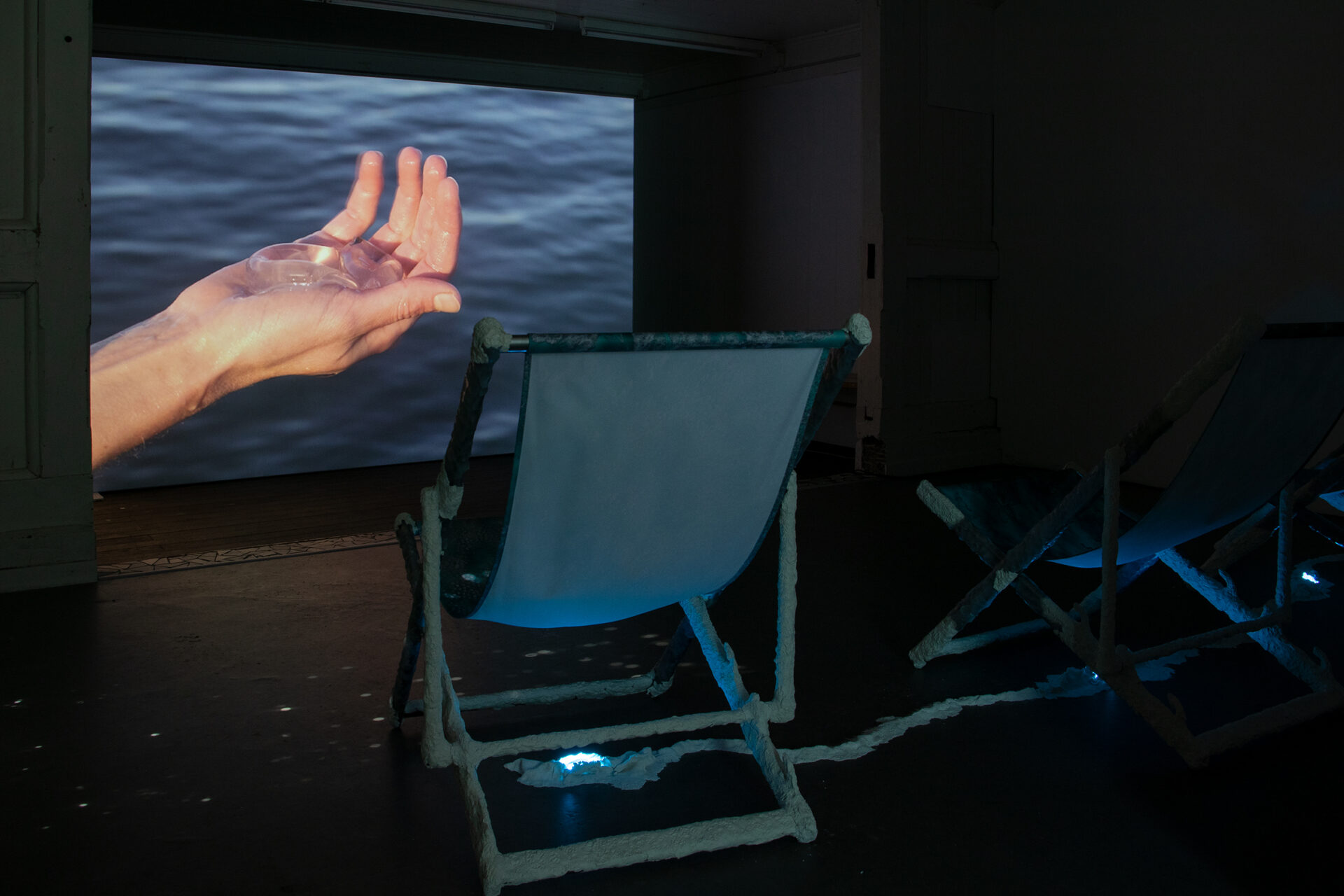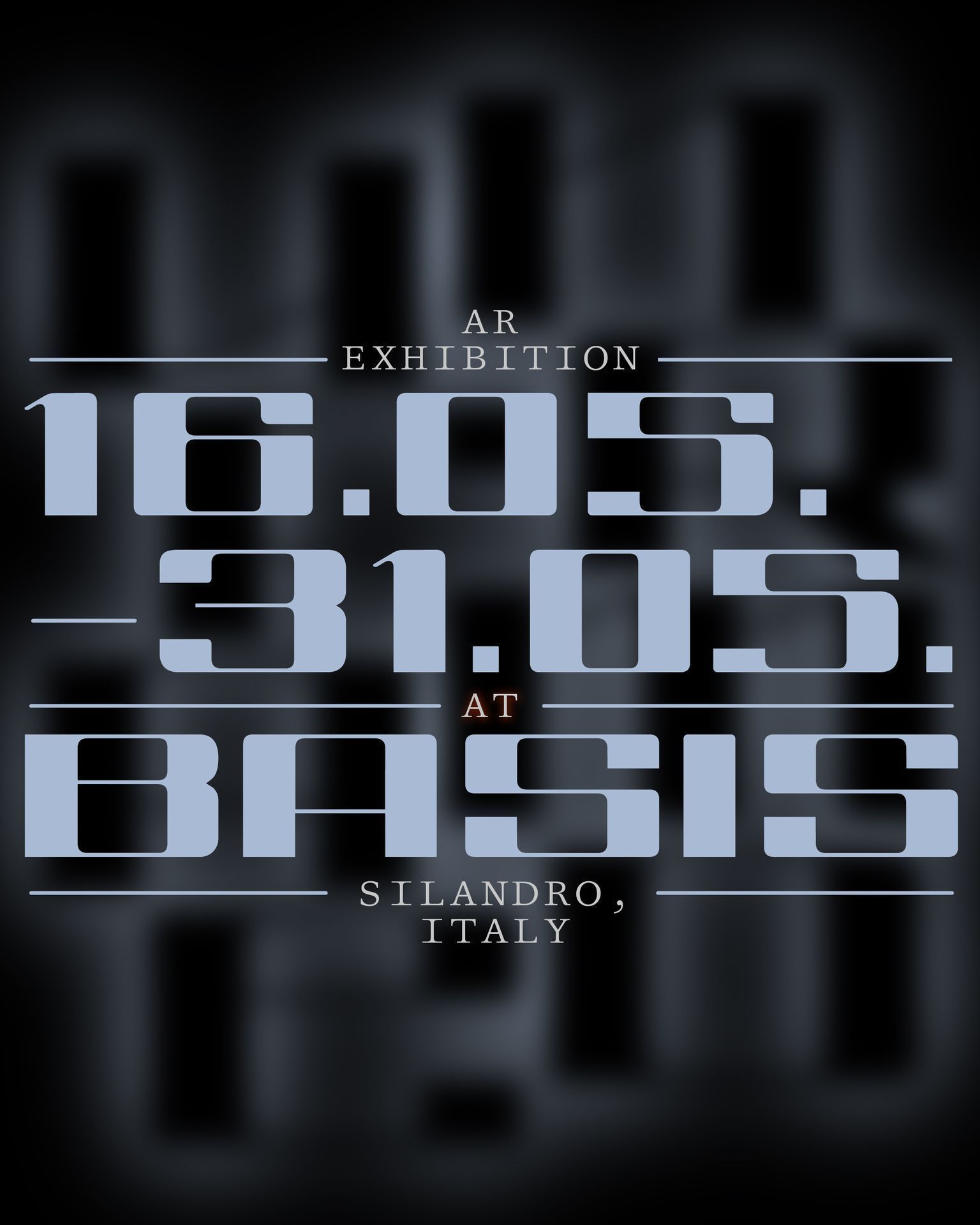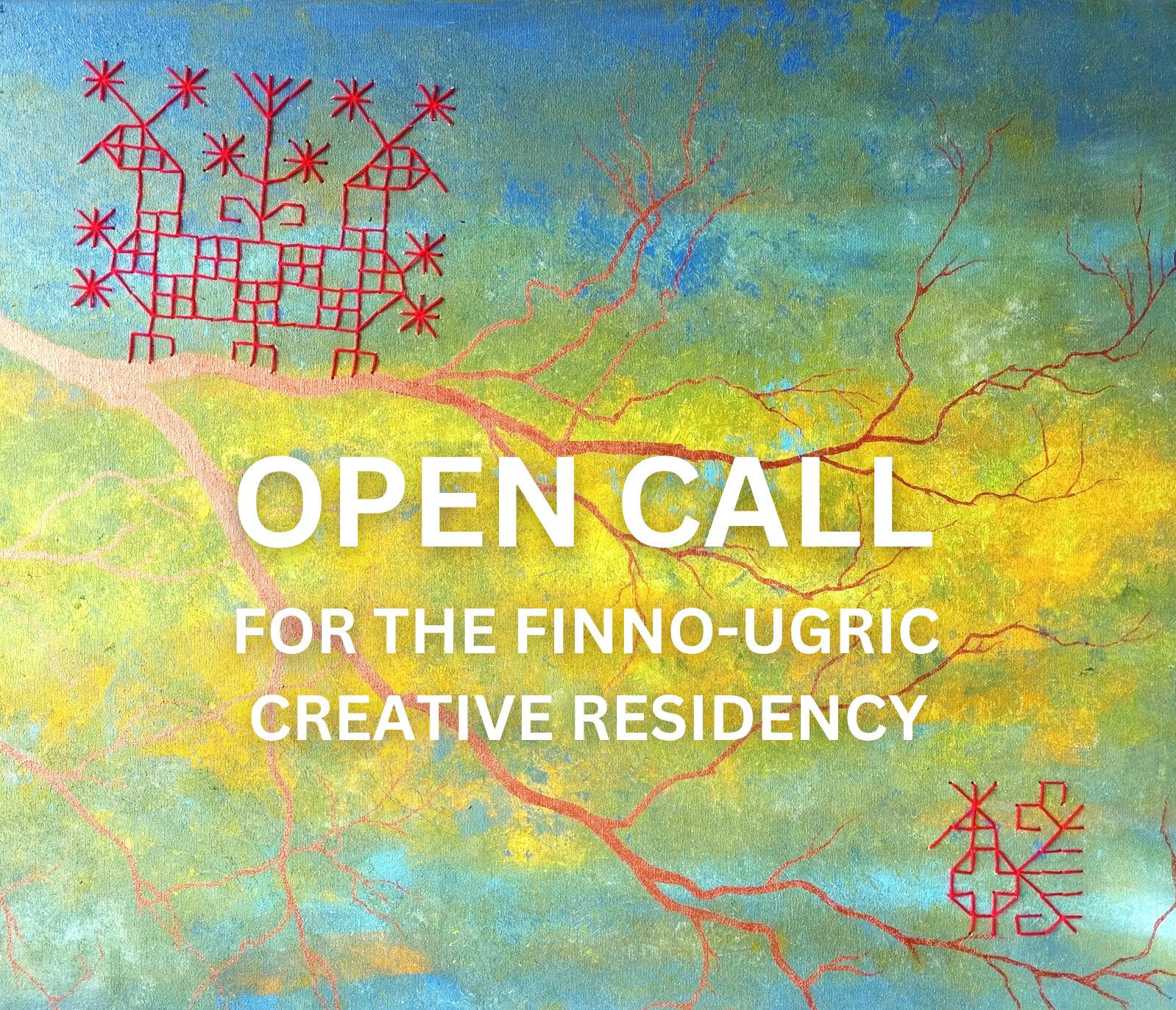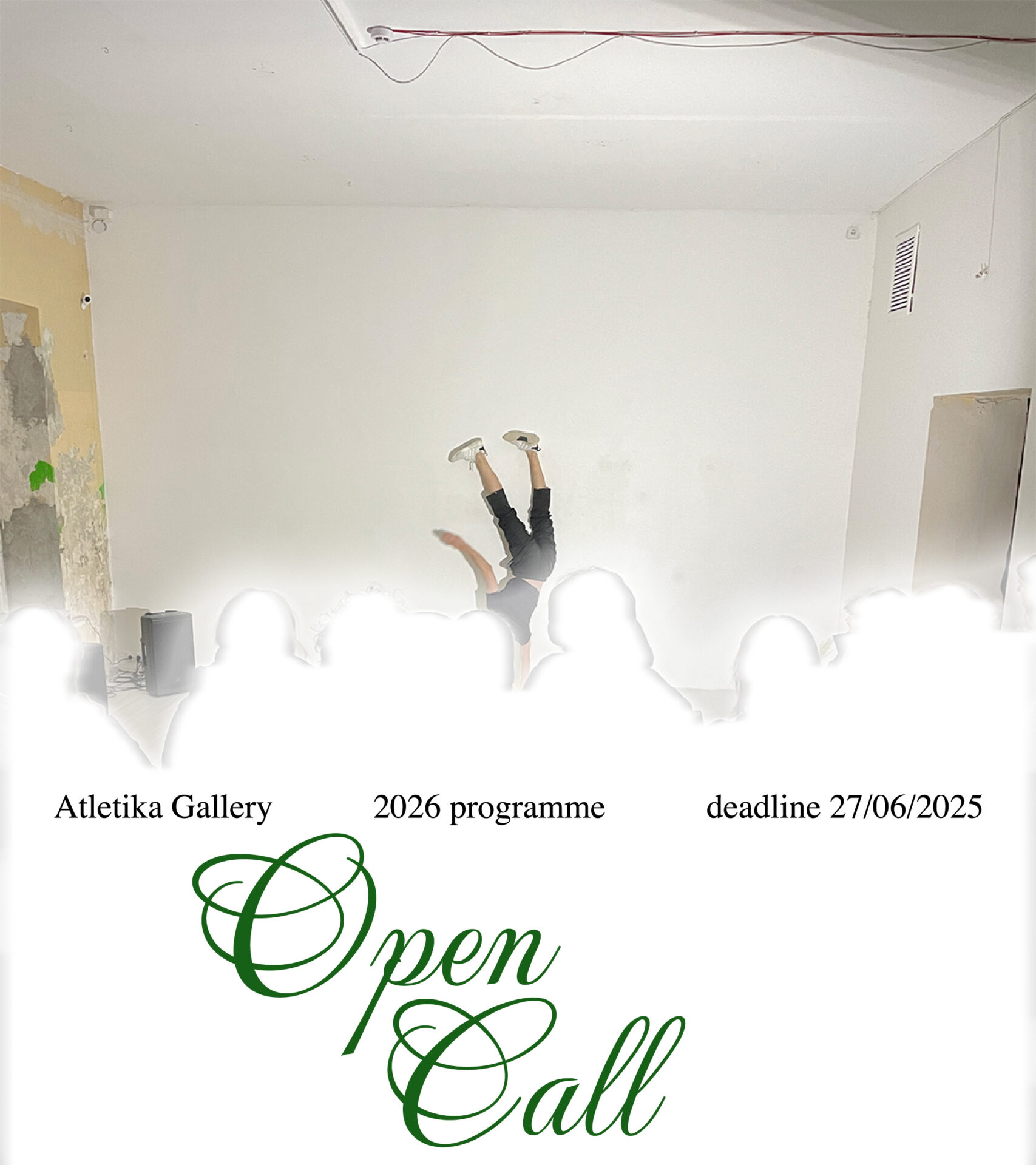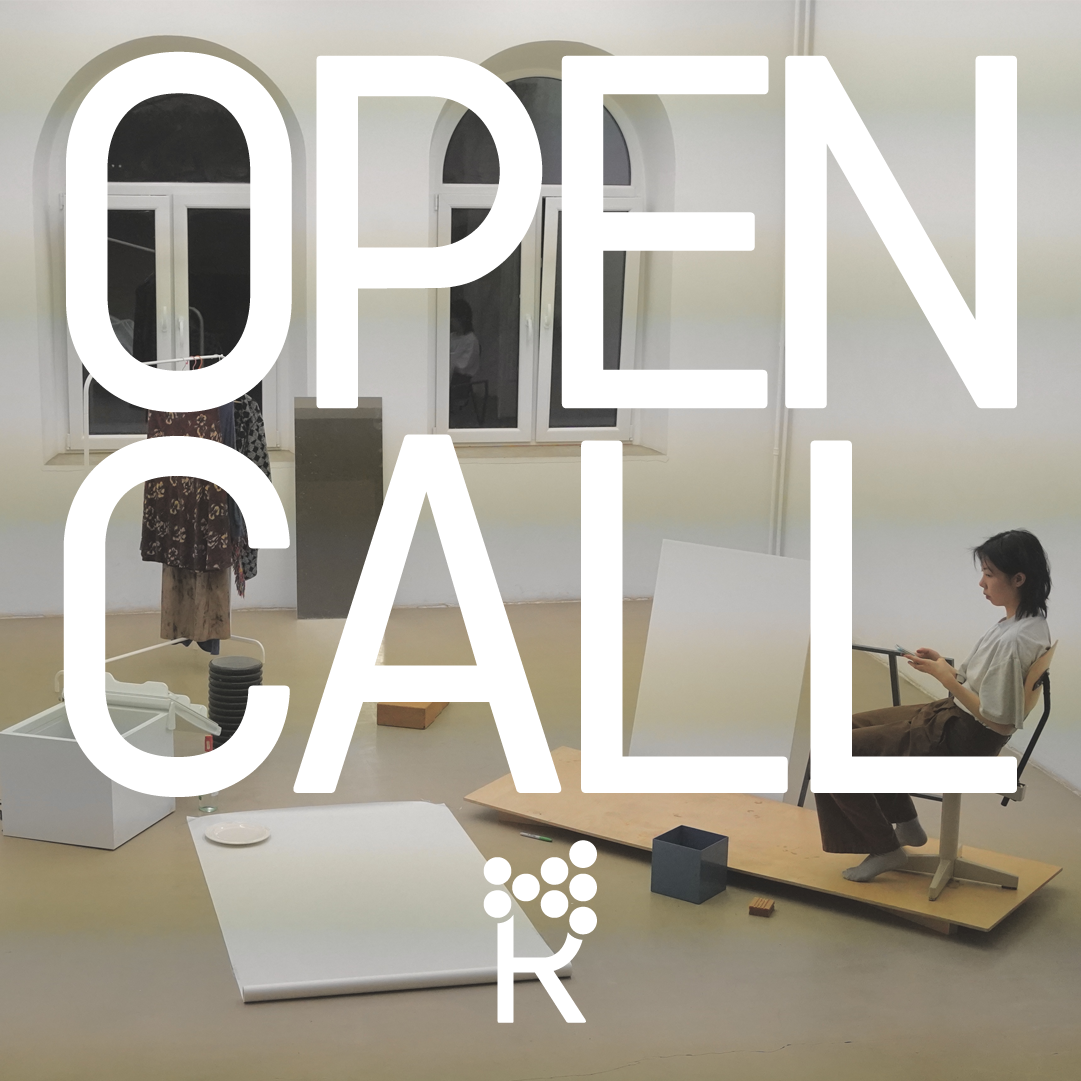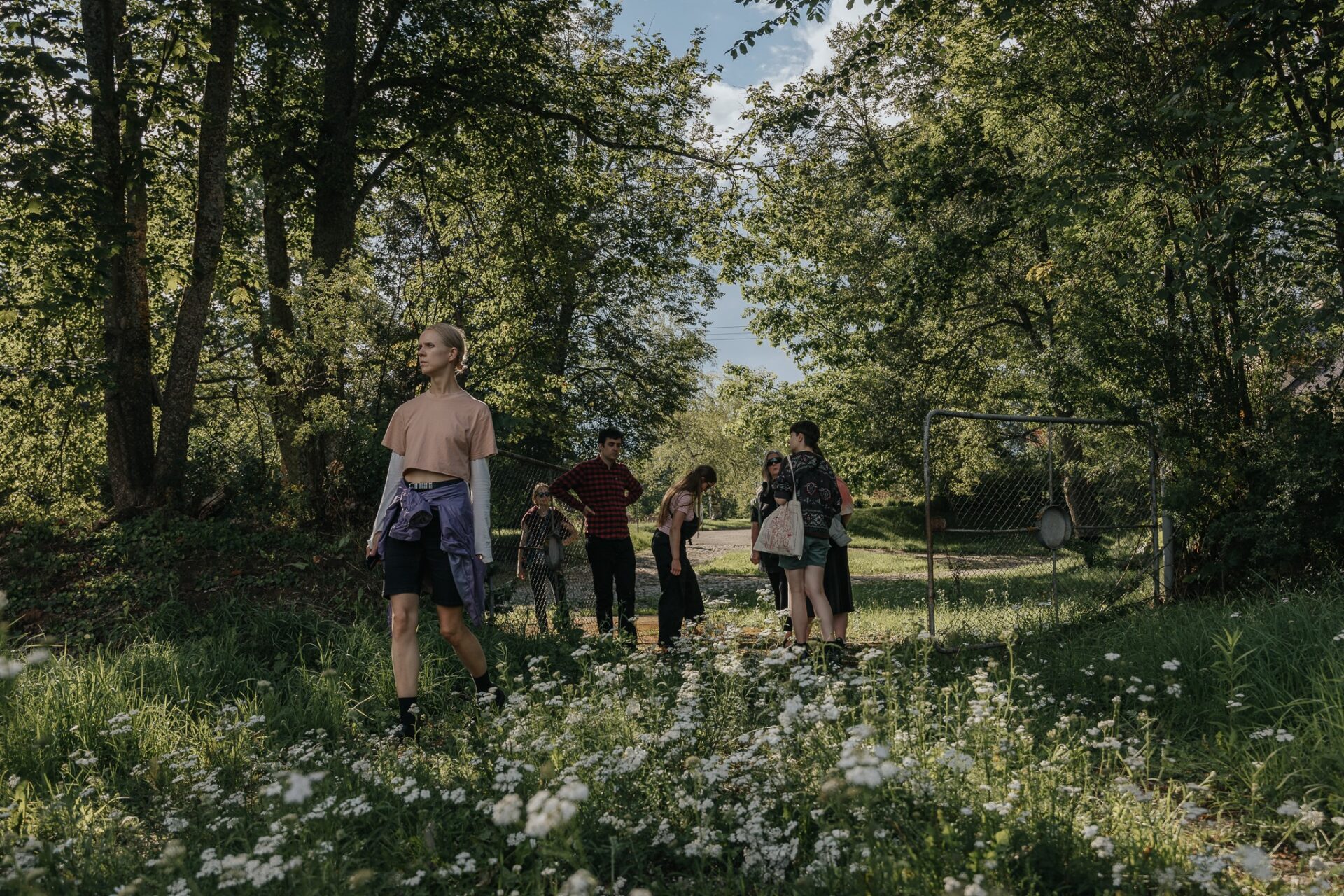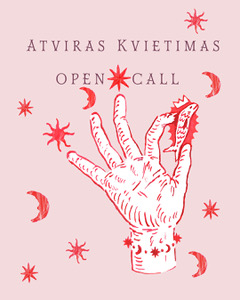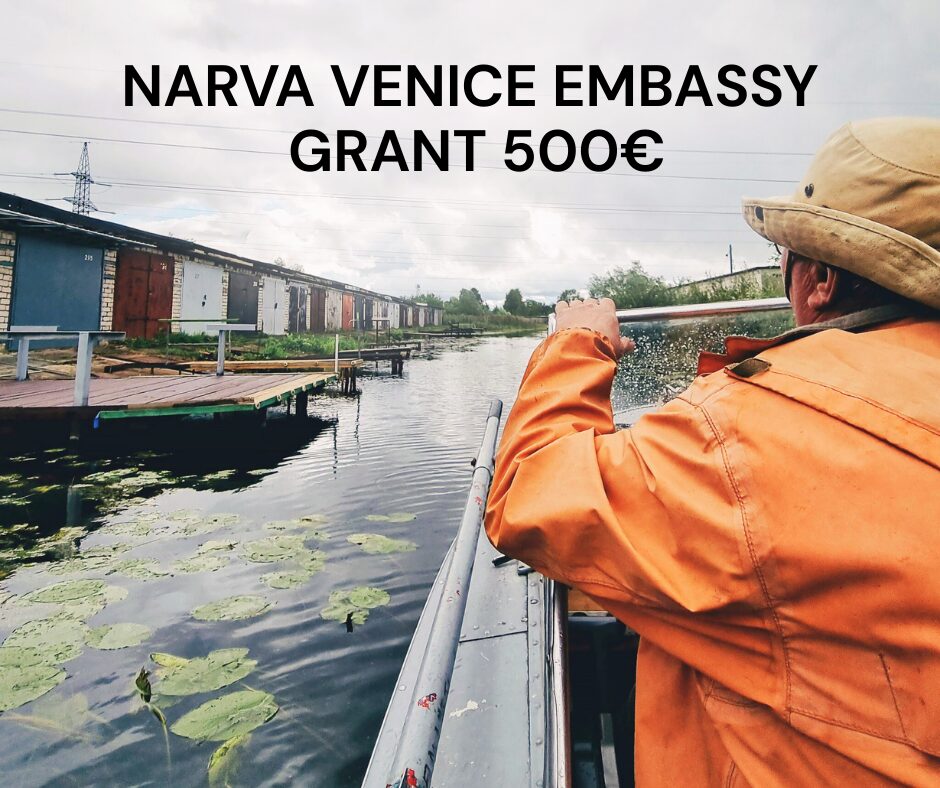Exhibition and speculative workshop series
Alt lab, Vitebsko 23, Vilnius and Online
September 8–12, 2021
Opening: Wednesday, September 8, 7 p.m.
Participants: Kamilė Krasauskaitė, Brigita Kasperaitė, Mindaugas Gapševičius, Andrew Gryf Paterson, Giulia Mattera, Becky Lyon
After our birth, bit by bit we get to know our mother, our father, and our surrounding environment. We learn what we can put in our mouths and what is understood to be inedible. We also get to know about other species that live in our surroundings. As we begin to go to school, we are trained to know that experiences are fictions, that organisms are composed of many cells, and that the molecules of said cells interact with molecules outside of them.
The Molten Airs exhibition and workshop series builds its narratives on casual life processes, repetitive habits, and social practices. By speculating on the human relationship to plants, food, or energy—but also by using methods borrowed from the sciences—the series delves into unknown interactions between small and large, real and fictional, alive and not alive, us and them.
Exhibition
September 8–12, 4 p.m.–8 p.m. Vilnius time
Alt lab, Vitebsko 23, Vilnius
Jewelry
Mindaugas Gapševičius in collaboration with Bon Alog (video), Mantas Mizgiris and Simona Nakrošiūtė (jewelry)
Video, ring
The ring holds within it a small LED powered by the human body. Being very sensitive, the flashing of the LED depends on humidity, temperature, contact to the body, and other parameters that affect the components used for the electric circuit. What are the abilities of humans to generate electric current and, while using it, experience the environment?
Waiting for Shelly
Kamilė Krasauskaitė
Oil pastels, acrylic paint on coated paper, 594×840 mm
The paintings composed of fragments found in her sketchbook, become expressive interpretations of the immediate environment. Through visually familiar objects surrounded by abstract forms, reality becomes intangible. In these premeditated compositions, fictitious environments, characters and narratives emerge.
Plant Trafficking
Brigita Kasperaitė
Video Installation, object, toolkit
The Plant Trafficking installation contains three elements: video work—as a visual poem for plants in our home, our cities, our environments; an electrical-circuit toolkit for feeling the other and exchanging the power in between human and non-human; an object “Flower’s for the Teacher” from the Laminated Nature series—as a reminder and a gesture.
Species Exchange Depot
Brigita Kasperaitė
Installation
As the main project of the artist, Plant Trafficking addresses the economy of nature, as well as our daily rituals with it. The Species Exchange Depot invites one to address the latter. In our daily lives we tend to create a flow of species exchange. We do this to acquire what we find better—more wanted, more attractive, rarer than the others, exotic.
The depot will work on a “bring one/take one” basis, and the guests will be invited to bring a species and take another for themselves. Let the circle flow, let’s exchange the species!
Plant Trafficking
Giulia Mattera
Video
Plant Trafficking is an intervention taking place in the Trastevere neighborhood in Rome, Italy. The actions undertaken by the artist during the performance reflect on the illegal trade of plants, the complex dynamics between a plant’s monetary worth and its emotional value. Plants as ornaments or plants as kin?
What are the ethical issues we are willing to turn a blind eye to, and in which ethical boundaries are we comfortable navigating in?
IOU: A Plant Inventory
Becky Lyon / ELASTIC FICTION
Installation
I raise my sleepy head from my cotton pillow, breathing in air extra-oxygenated by my Philodendron. I reach for my phone, which is cast in plastic derived from ancient plant matter and is sitting on my bamboo-wood side table. Plants are omnipresent in our everyday lives, from paper bus tickets to lipstick pigments and next-day-delivery packaging. Our flourishing depends on plants, but are we aware of the extent of our dependence? How have they come to be in our lives? What permissions were asked? What acknowledgement of gratitude was given? IOU: A Plant Inventory shows the simple (and very incomplete …) process of “taking stock” of the breadth of plant gifts<>extractions the artist may have come into contact with in a single day—it is a concentrated act of noticing and acknowledgment, bringing into view the dependency<>debt owed to our plant kin.
Non-Meat-Filled Dough Deep Fry Hybrid. September 11, 4 p.m.–8 p.m. Vilnius time
Participatory event
The audience is invited to join in making non-meat-based “haggis”—(SCO) hybrid merged with lihapirakka (FI) and belyashi/beliašas—and gather subjective, greasy-energy stories along the way. The tasty encapsulation of items in batter made crisp after being dropped in hot oil will hopefully tease out spoken and unspoken delicacies about heat, transformation, bodies, artefacts, and the act of remembering or forgetting. Paterson is currently artist-researcher in residence at Sodas2123 Cultural Centre, 17.8.–17.10.2021.
Workshops
September 9–11, 10.00 a.m.–2 p.m. Berlin time
Online. Registration through Ars Electronica website, https://www.eventbrite.at/e/ars-electronica-2021-a-new-digital-deal-tickets-163725520439
Sourdough DNA. September 9
Kamilė Krasauskaitė
The workshop questions food consumption and origins. Major topics and interests in this workshop include commensality, experimental food design, patterns of time, as well as the collaboration between humans and microorganisms—how do these factors shape the food we eat?
Plant Trafficking. September 10
Brigita Kasperaitė in cooperation with Becky Lyon, Giulia Mattera
The workshop Plant Trafficking re-thinks the monetary value of nature and its place in our daily lives. The journey that plants take until they settle in one’s home makes us see them as trophies.
You and I, You and Me. September 11
Mindaugas Gapševičius in cooperation with Maria Safronova Wahlström, Ian Erik Stewart
Imagine the future. Humans, computing machines, and various types of hybrids share the space they live in. Senses are altered, some are inextricably linked to computing devices. Electricity is used to control the space and the beings living in it.
Workshop visuals: Luis Bustamante
Workshop scripts: Tuçe Erel
The project is organized by Institutio Media / Alt lab in collaboration with the Ars Electronica Festival and the Lithuanian Interdisciplinary Artists’ Association. It is kindly supported by the Lithuanian Council for Culture and the Nordic council of Ministers.

